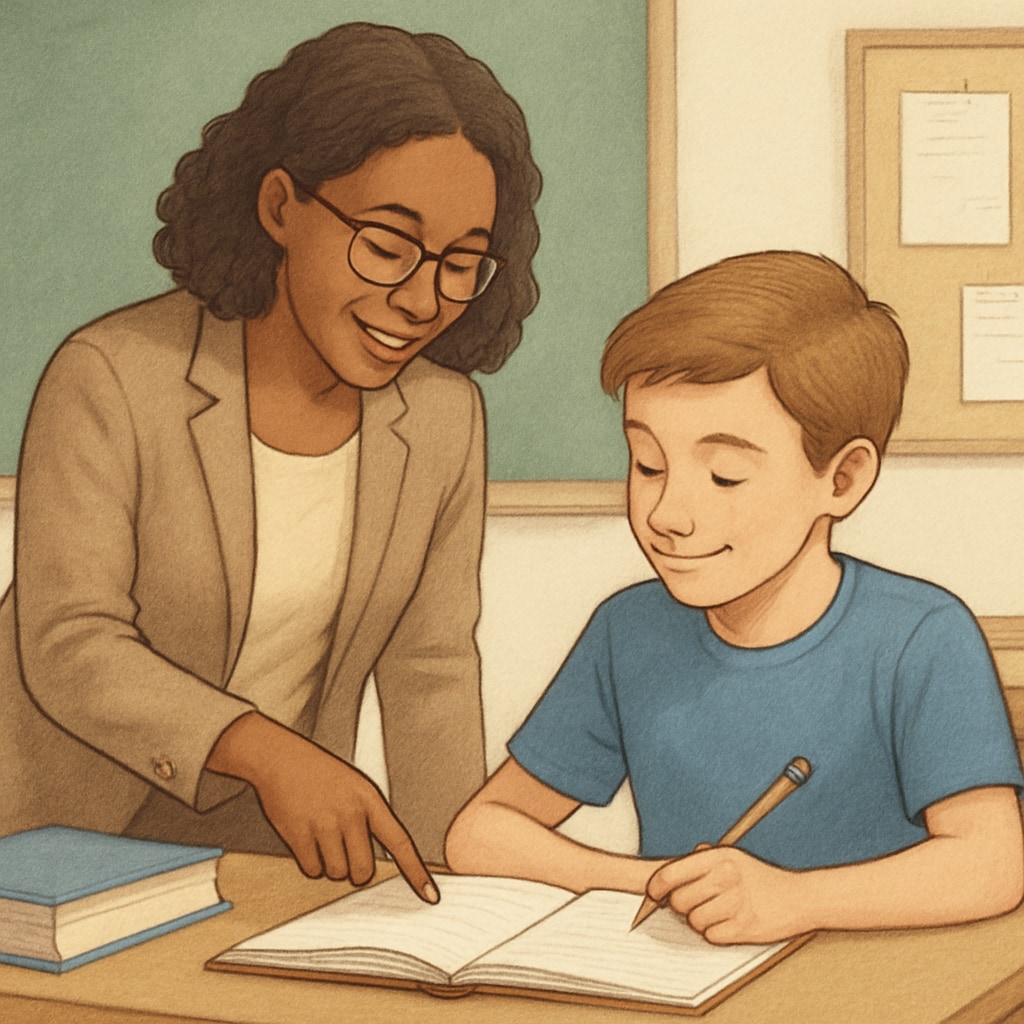How far should educators push students to reach their full potential? Should strict education methods that test personal limits be celebrated or re-evaluated? In the context of K12 education, these questions often spark debate. The key lies in striking an ethical balance between pushing for excellence and respecting students’ individual boundaries. This article, inspired by the movie Whiplash, delves into the tension between rigorous teaching and genuine care.

Understanding Rigor in Education: A Double-Edged Sword
In Whiplash, the protagonist Andrew faces relentless pressure from his teacher Fletcher, who believes that greatness can only emerge through extreme discipline. This mirrors real-life controversies in K12 education, where rigorous methods are often equated with high standards. However, there’s a fine line between motivation and destruction. Excessive pressure can lead to burnout, anxiety, and even long-term mental health issues.
For example, a 2022 study published in the Encyclopedia Britannica highlighted that while challenging students can lead to growth, pushing beyond their limits can have adverse effects. Educators must, therefore, ask themselves: Are we fostering resilience, or are we breaking spirits?
Balancing Strict Methods with Ethical Care
While high expectations can bring out the best in students, they must be paired with care and empathy. Ethical teaching involves understanding each student’s unique capabilities and limits. For instance, instead of a one-size-fits-all approach, differentiated instruction allows educators to tailor challenges to individual needs. The goal is not just academic success but holistic development.
Additionally, open communication is essential. Students should feel safe to express their struggles without fear of judgment or punishment. According to educational psychology, supportive environments foster intrinsic motivation, which is far more sustainable than motivation driven by fear.

Practical Strategies for Ethical Education
Educators can implement the following strategies to balance rigor with care:
- Set realistic goals: Encourage students to aim high but ensure their targets are achievable.
- Provide constructive feedback: Replace harsh criticism with specific, actionable advice.
- Promote self-reflection: Help students evaluate their own progress and identify areas for improvement.
- Focus on mental health: Incorporate mindfulness practices and stress management techniques into the curriculum.
By adopting these methods, educators can create environments where students thrive without compromising their well-being.
Conclusion: Rethinking Success in Education
In conclusion, the ethical balance between strict education methods and respecting personal limits is critical. While pushing students to excel is an integral part of education, it should never come at the cost of their mental health or self-worth. True success lies not in creating perfectionists, but in nurturing confident, resilient individuals who can navigate challenges with grace. As educators, it’s our responsibility to ensure that rigor and care coexist harmoniously in the pursuit of excellence.
As we reflect on the lessons from Whiplash, let us remember that the ultimate goal of education is not just achievement but also the holistic development of every student.
Readability guidance: Short paragraphs and clear transitions ensure accessibility. Lists summarize key points, and overuse of passive voice is avoided. Keywords are naturally integrated for SEO optimization.


